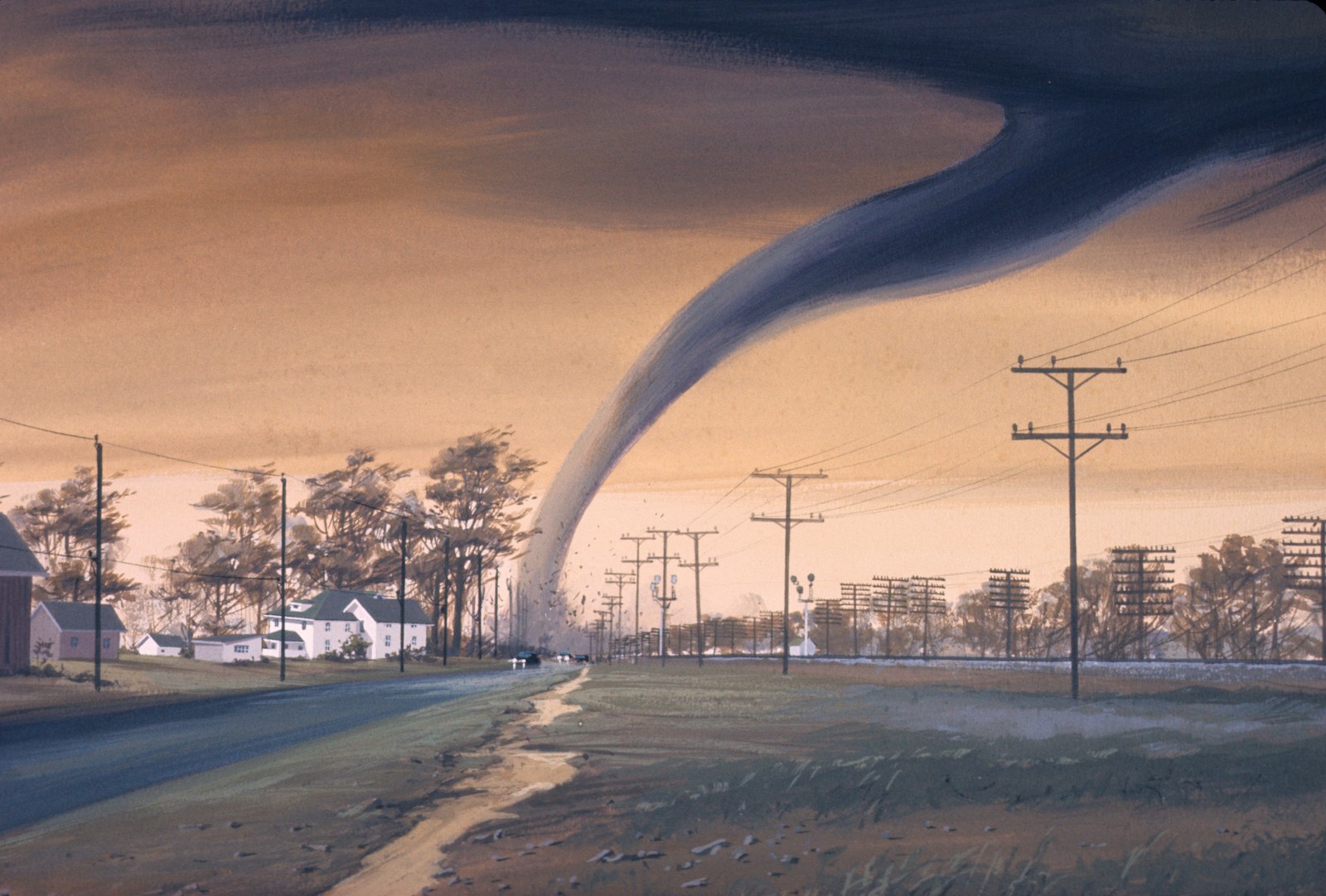Key Takeaways:
- FEMA head David Richardson admitted he didn’t know about hurricane season, surprising staff.
- His comment was called a joke, but it raised concerns about FEMA’s preparedness.
- Hurricane season is expected to be severe, with up to 10 storms predicted.
- FEMA has faced staffing cuts and leadership changes, worrying experts.
- Richardson lacks disaster experience but highlights his military background.
- Trump’s administration has faced criticism for its handling of disaster aid.
FEMA Head’s Stunning Admission Sparks Concerns
In a shocking statement, the head of the Federal Emergency Management Agency (FEMA), David Richardson, recently admitted he wasn’t aware there was a hurricane season. This revelation, reported by Reuters, has left many people concerned about the agency’s readiness for the upcoming storms.
Richardson made the comment during a meeting with staffers. It’s unclear whether he was serious or joking, but it’s caused a lot of worry. A spokesperson for the Department of Homeland Security, which oversees FEMA, later said it was just a joke and that the agency is fully prepared for hurricane season. However, the remark has raised questions about the leadership and preparedness of FEMA.
What is Hurricane Season?
Hurricane season in the Atlantic Ocean typically runs from June to November. During these months, warm ocean waters heat up, creating the perfect conditions for hurricanes to form. These storms can be deadly, causing flooding, destroying homes, and disrupting lives.
Experts predict that this year’s hurricane season could be especially severe, with up to 10 hurricanes forming. Hurricanes are not just a threat to coastal areas. They can also cause flooding and damage hundreds of miles inland, as seen in Western North Carolina last year.
Is FEMA Prepared?
Richardson’s comment comes at a time when there are already concerns about FEMA’s readiness. In recent months, many top officials have left the agency, and there have been staff cuts. Some experts worry that these changes could leave FEMA less prepared to handle a major disaster.
Richardson, who became FEMA’s leader in May, doesn’t have any prior experience in disaster response. However, he has mentioned his military background as a former Marine artillery officer in conversations with staff. While military experience can be valuable, it doesn’t necessarily prepare someone for managing a federal agency like FEMA.
Trump’s Administration Under Fire
This isn’t the first time Trump’s administration has faced criticism for its handling of disasters. Earlier this year, a judge in Rhode Island found evidence suggesting that the administration was secretly denying disaster aid to states that didn’t vote for Trump in the 2024 election. This has raised concerns about whether politics is influencing how disaster relief is distributed.
Additionally, some residents in North Carolina have expressed frustration with the administration’s failure to fulfill campaign promises to clean up areas damaged by hurricanes. These incidents have led to questions about whether the administration is taking disaster preparedness and response seriously.
The Impact on Communities
Hurricanes can have a devastating impact on communities. They can destroy homes, shut down businesses, and disrupt lives for months or even years. The emotional and financial toll on families can be immense. That’s why it’s so important for agencies like FEMA to be fully prepared and responsive during these crises.
For example, last year’s hurricanes in North Carolina caused widespread flooding and damage. Many residents are still recovering, and some feel that the federal government hasn’t done enough to help. If FEMA isn’t properly prepared for this year’s storms, the consequences could be even more severe.
A Call for Transparency
Given the concerns about FEMA’s preparedness and the administration’s handling of disaster aid, there’s a growing call for greater transparency. Americans deserve to know that their government is ready and able to respond to natural disasters. They also deserve to know that disaster aid is being distributed fairly and based on need, not politics.
As hurricane season approaches, it’s crucial for FEMA and the administration to address these concerns. The agency must show that it’s taking the necessary steps to prepare for the storms ahead. Anything less could put lives at risk and leave communities vulnerable to disaster.
In conclusion, Richardson’s admission has highlighted serious concerns about FEMA’s preparedness for hurricane season. While the agency insists it’s ready, the lack of experience in leadership and the politicization of disaster aid have raised red flags. As the storms approach, Americans will be watching closely to see how FEMA and the Trump administration respond. Let’s hope they’re ready.
